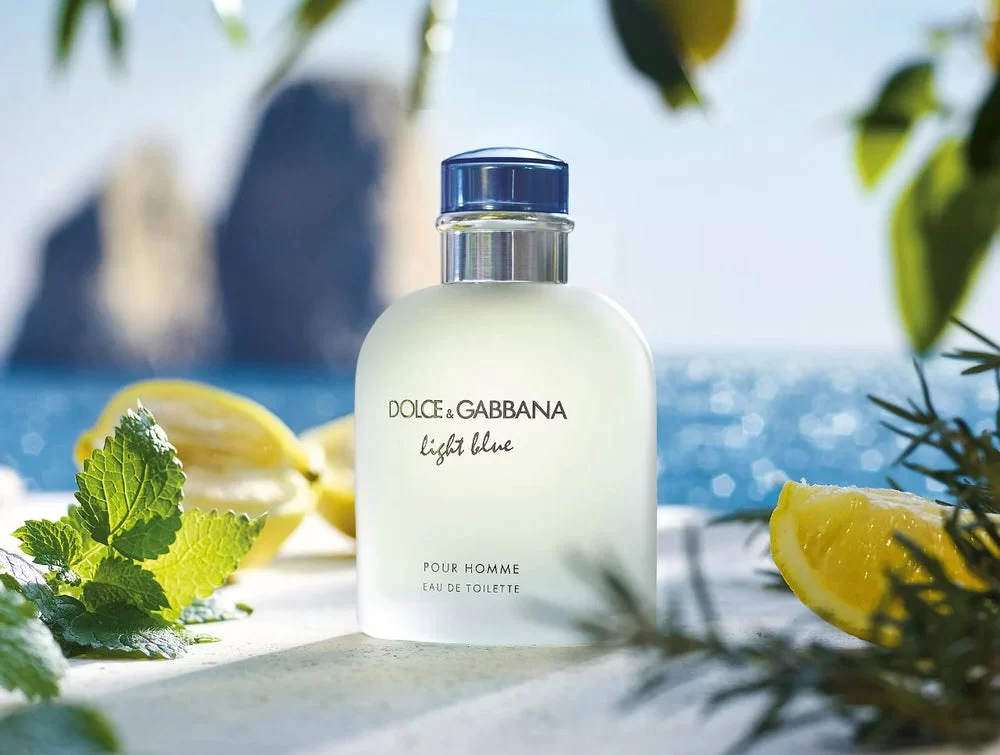How I Found the Perfect Perfume Without Triggering My Sensitive Nose
Finding a perfume that doesn’t overwhelm my sensitive nose felt like searching for a unicorn. I’ve always loved the idea of having a signature scent — something subtle, elegant, and uniquely mine. But every time I stepped into a department store or tried on a new fragrance, I’d be hit with an intense wave of headache or even sneezing. It took me years, trial and error, and a few awkward public sneezing fits to figure out what works for people like me who are scent-sensitive.
1. Understanding Fragrance Sensitivity: It’s More Common Than You Think
It all started during my college years. I noticed I’d get dizzy, congested, or nauseated whenever someone around me wore strong perfume. At first, I thought it was just stress, or maybe allergies. But eventually, I realized it was fragrance sensitivity — a condition that affects more people than we often acknowledge.
According to research from the American Journal of Public Health, over 30% of people report sensitivity to fragranced products. These reactions range from mild irritation to more severe respiratory or neurological symptoms. I wasn’t alone — and that was oddly comforting.
1.1 Common Symptoms of Fragrance Sensitivity
- Headaches or migraines
- Sinus congestion or sneezing
- Itchy eyes or throat
- Skin irritation or hives
- Nausea or dizziness
For me, headaches and congestion were the biggest problems. Once I recognized the triggers, I began the quest for gentler, non-irritating scents.
2. What Makes a Perfume “Light” or Suitable for Sensitive Noses?
There’s no official category for "light perfumes for sensitive noses," but I learned a few key features that typically make a perfume easier to wear without discomfort:
2.1 Low Concentration of Fragrance Oils
Perfumes come in varying strengths. Eau de parfum has a higher concentration of fragrance oils, while eau de toilette and cologne are lighter and often more tolerable. I personally found eau de colognes to be the most breathable, especially when made with natural ingredients.
2.2 Minimal Synthetic Additives
Fragrances with synthetic musks or aldehydes often triggered my symptoms. I began leaning toward niche or clean beauty brands that use fewer chemicals and more naturally derived ingredients. Brands that clearly list their ingredients became my best friends.
2.3 Subtle Scent Profiles
Powdery, aquatic, citrus, and green scents tend to be more forgiving than heavy floral or spicy perfumes. Anything too woody or sweet lingered too long and often gave me a headache.
3. My Personal Journey to Finding the Right Perfume
I remember walking through a botanical garden on a weekend trip to California. A soft breeze carried the scent of orange blossoms and clean green leaves. It was fresh, natural, and absolutely calming. I wanted that in a bottle. That’s when I discovered that scent memory could guide me to the right fragrance — and also avoid the wrong ones.
3.1 Trial and Error
I started testing perfumes in small doses — dabbing a bit on my wrist instead of spraying. I waited a few hours to see if any reactions occurred. I also started reading fragrance pyramids to identify which notes worked for me and which didn’t.
3.2 Best Light Perfumes I’ve Discovered
Here are a few light, hypoallergenic-friendly fragrances that worked beautifully for me and might help others with sensitive noses:
- Clean Reserve Skin – A soft, musky floral that smells like fresh laundry and skin warmth. Never overpowering.
- Maison Louis Marie No.04 Bois de Balincourt – Earthy and clean with a light sandalwood base.
- Phlur Missing Person – A delicate floral musk inspired by skin-to-skin closeness. Very subtle and soothing.
- Jo Malone Wood Sage & Sea Salt – Refreshing, airy, and almost like a seaside walk. Doesn’t linger too harshly.
- Escentric Molecules Molecule 01 – Famous for being light, skin-like, and chemically minimal. It adapts to your body chemistry.
I found most of these thanks to recommendations and niche fragrance communities. A lot of them are featured on sites like Scent Snob, where curated fragrance guides help you find just the right thing without endless guessing.
4. Practical Tips for Wearing Perfume with a Sensitive Nose
Once you find a perfume that doesn’t trigger symptoms, the next challenge is figuring out how to wear it safely and comfortably. Here’s what helped me:
4.1 Apply Sparingly
A single dab on pulse points like the inside of the wrist or behind the knees can often be enough. Avoid spraying directly onto your neck or chest, especially close to your nose.
4.2 Use Fragrance Alternatives
Sometimes, scented body oils, hair mists, or solid perfumes are gentler on the skin and nose. I even used a lightly scented body lotion that doubled as a fragrance during my more sensitive periods.
4.3 Avoid Confined Spaces
Wearing perfume in small, enclosed rooms like cars or elevators often exacerbated my symptoms. I learned to skip scent altogether if I knew I’d be in those environments for long.
5. When to Seek Medical Advice
For some people, fragrance sensitivity can be a symptom of underlying allergies or chemical sensitivities. If reactions are severe or persistent, a trip to an allergist or ENT (ear, nose, and throat doctor) might be necessary. I personally got tested for airborne allergens, which helped me tailor both my environment and fragrance choices better.
Today, I can finally wear perfume again without worrying about triggering symptoms. The journey taught me patience, awareness, and a surprising appreciation for subtlety in scent. And honestly, when someone tells me I smell amazing but “not like perfume,” I know I’ve found the perfect match.
If you're on the same journey, don’t give up. Start light, read those ingredients, and trust your nose. There’s a world of soft, skin-loving fragrances waiting to be discovered. And for a curated list of options tailored for sensitive noses, I highly recommend checking out Scent Snob — it's where I found some of my personal favorites.


0 comments